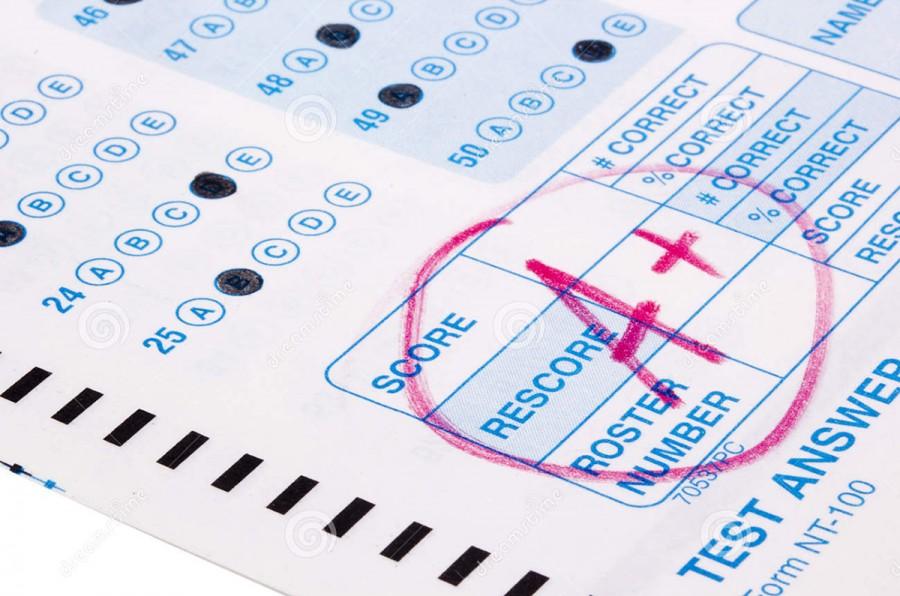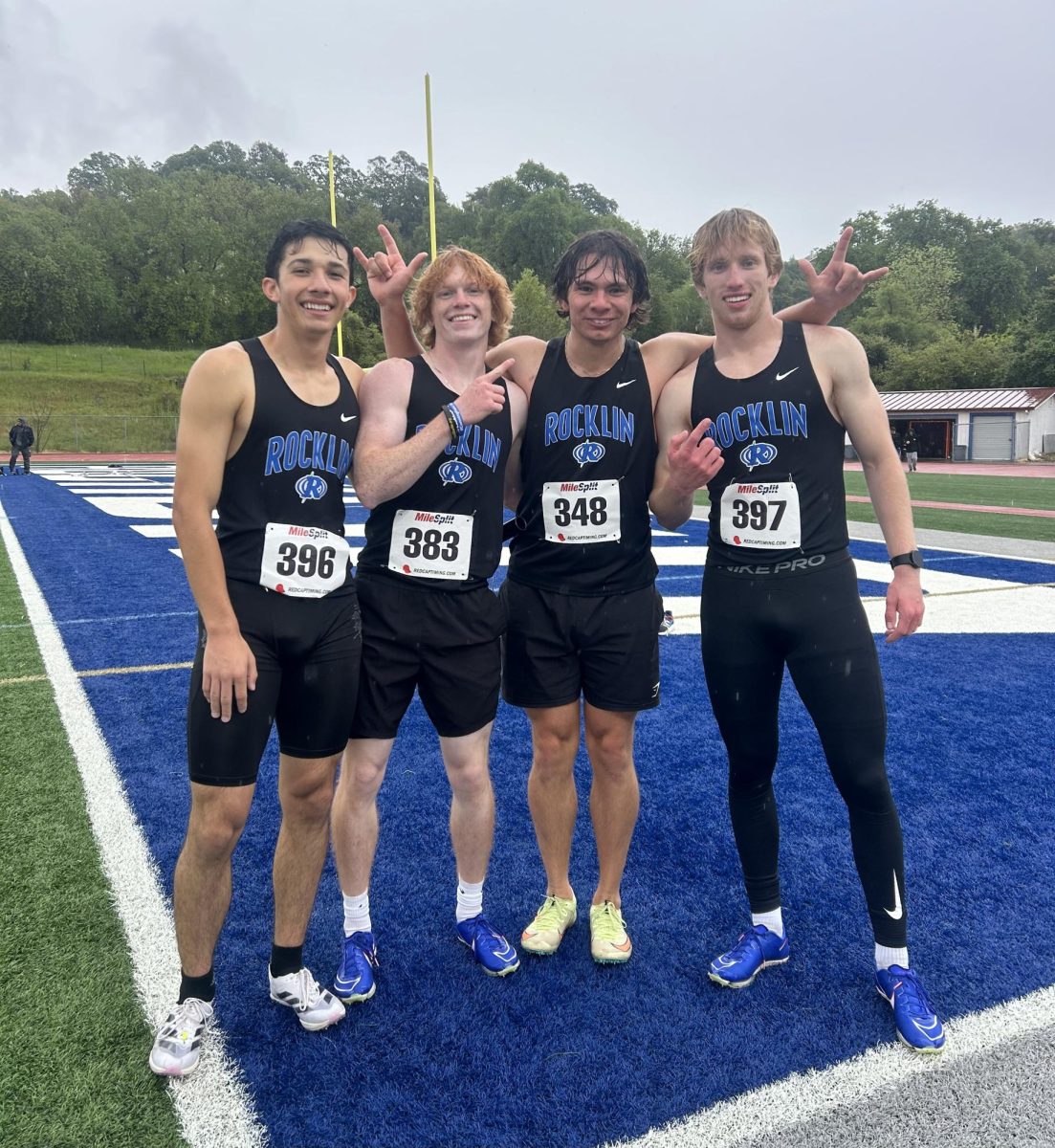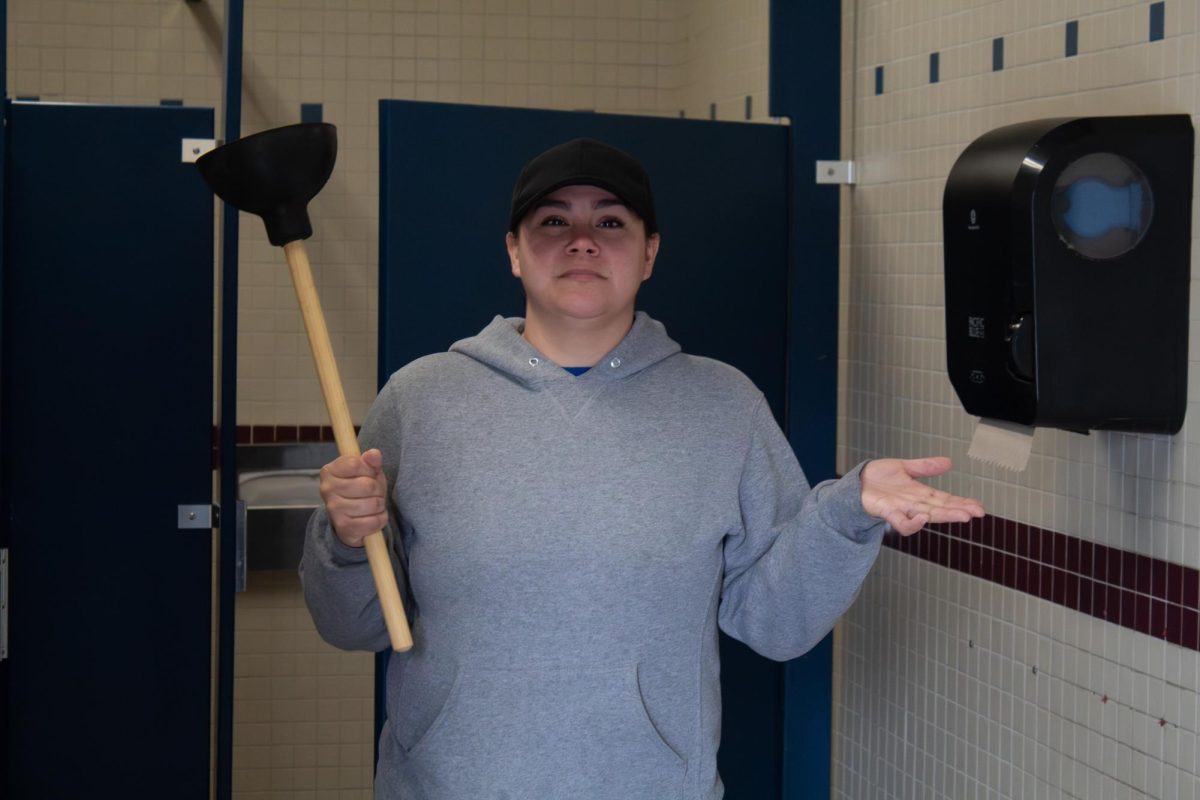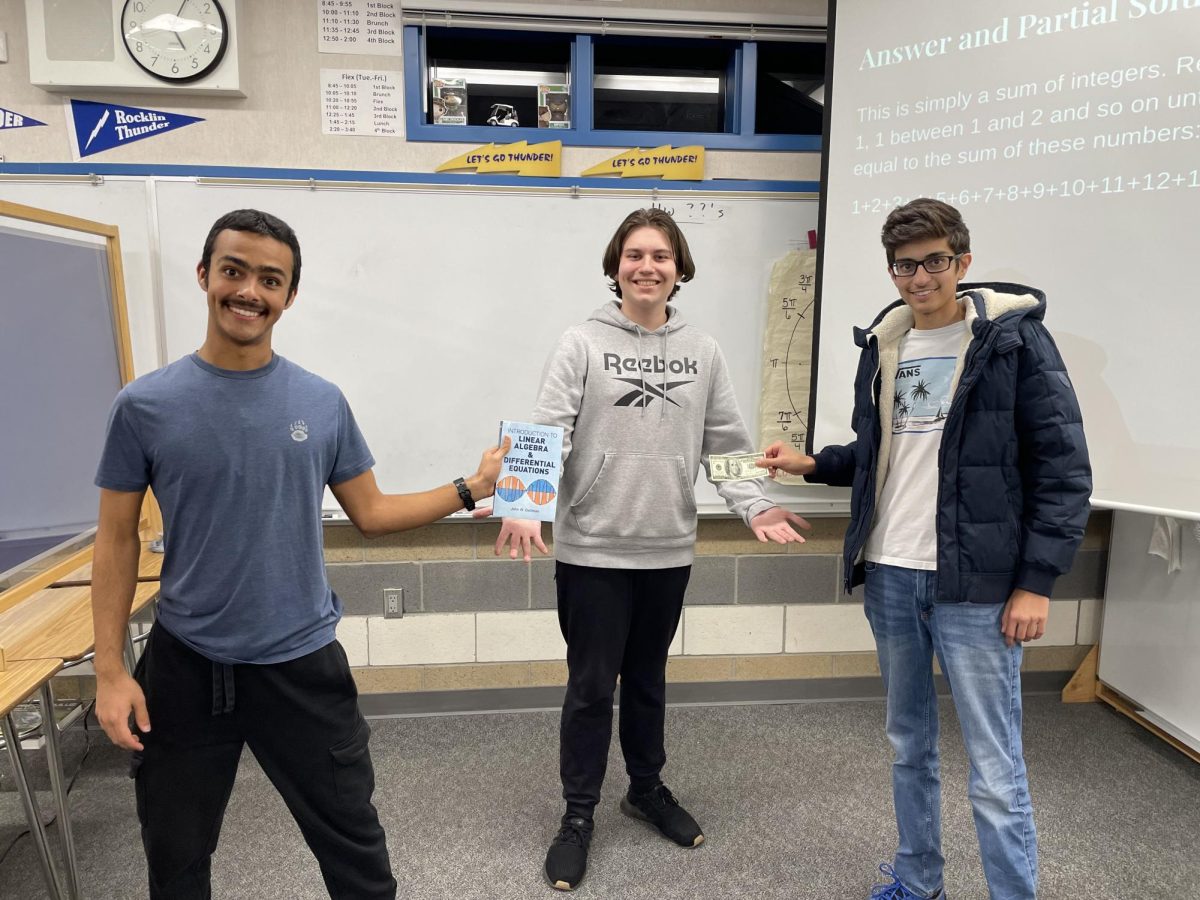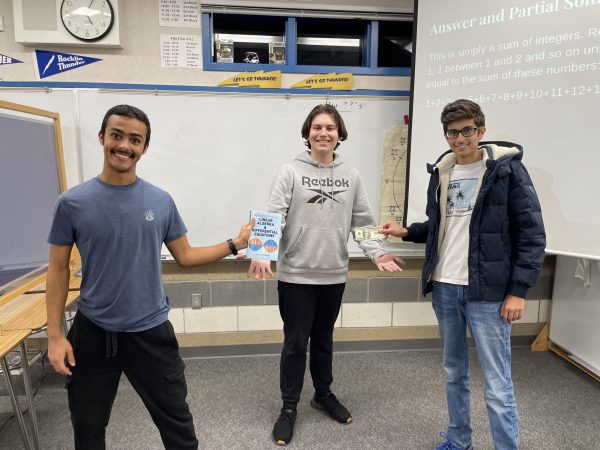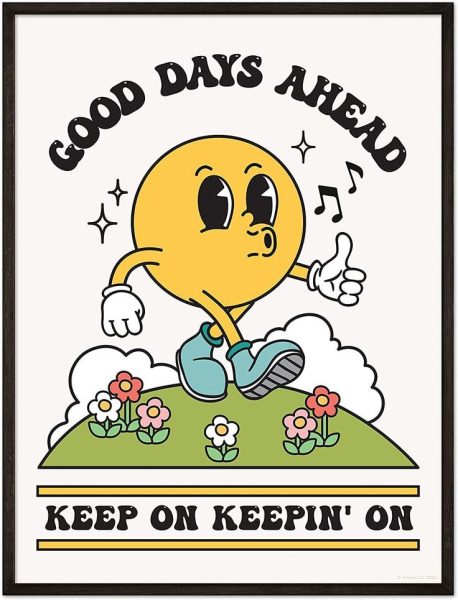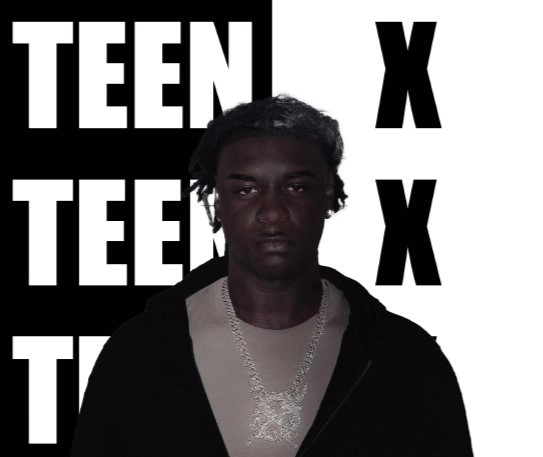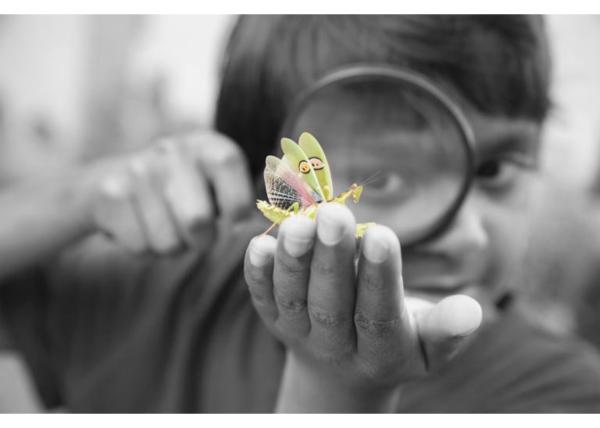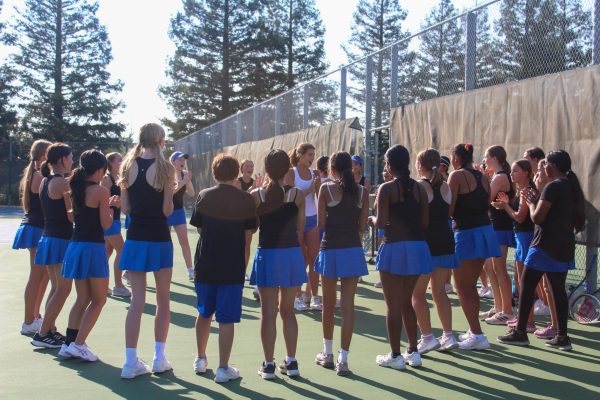Class Ranks: More Harm than Good
The system of class ranks has detrimental effects on student health and should therefore be eliminated.
May 4, 2016
As AP classes become more widely available, especially to underclassmen, students find themselves struggling to keep up with the ridiculously high standards set by the top percentage of their class.
Class rank, as far as college is concerned, doesn’t mean a whole lot. On college applications, you have the option to select “my high school uses class ranking,” in which case you provide your rank, or to select “my high school doesn’t use class ranking,” in which case the college couldn’t care less where you stand in relation to your peers. The notion that RHS students would be at a disadvantage in the application pool if administration did away with class ranking is entirely false.
An alternative to class rank that would encourage a wider breadth of experiences would be determining the top of the class holistically. In order to be at the bottom of the Valedictorian group, I had to take three weighted classes sophomore year, six weighted classes junior year and five weighted classes senior year.
I overworked myself taking 11 AP classes throughout the course of my high school experience. Some of the other valedictorians have taken even more. More importantly, though, students that have taken one fewer AP than myself, and yet have had straight A’s and have been involved in every school activity imaginable, aren’t in the valedictorian group.
Yes, I am one of the valedictorians for the class of 2016. Yes, I planned my schedule around becoming a valedictorian junior and senior year. Yes, I took four years of journalism, an unweighted elective. If I had spent my entire high school experience looking only at grades, I would have missed out on a lot. I was able to compartmentalize my high school years and make sure I didn’t sacrifice too much fun, but that doesn’t mean that everyone else in the valedictorian group did.
Honor Guard, the group of 20 juniors that helps to run graduation and later become the grad committee, are chosen based on a holistic review of academics, leadership, school involvement and athletics. The Honor Guard group isn’t the group that went AP-crazy, but rather the students that invested time in aspects of school outside the tests.
If Rocklin needs a way to distinguish the top, then the top should be determined holistically like the Honor Guard selection process.
If there is going to be a competition for the top, it should be a competition that encourages the development of a well-rounded student. Academics aren’t everything, and a student that focuses only on getting an A in every single one of their seven AP classes will miss out on so many memorable experiences in high school.
Furthermore, taking this unhealthy number of AP classes doesn’t prepare students for college. College will demand students to ration their time between school and life. There will be extraneous responsibilities and experiences available to college students. The kids that are going to excel in college are the ones that already excel at balancing their time between work and leisure, school and extracurriculars.
Students should have the freedom to make mistakes and get a B without thinking that it’s the end of their hopes for college. The atmosphere created by class rankings encourages students to excel academically, but this atmosphere fosters more than late-night studying. In the race to come out on top, students turn to cheating and copying homework because they are too overwhelmed to take the time to do it right.
My biggest problem with class rank is that it encourages students to give up the unweighted classes that they love–ASB, dance, journalism, art, EST, band, you get the picture–just to take one more AP class and become a valedictorian. In 10 years, even five, will it matter that you were a valedictorian? Having a high class rank won’t set you up for success any better than being a well-rounded individual will. Sure, you get a fancy medal at graduation, but as Mr. Douglas reminds the valedictorian candidates, it’s just “a flash in the pan.”



